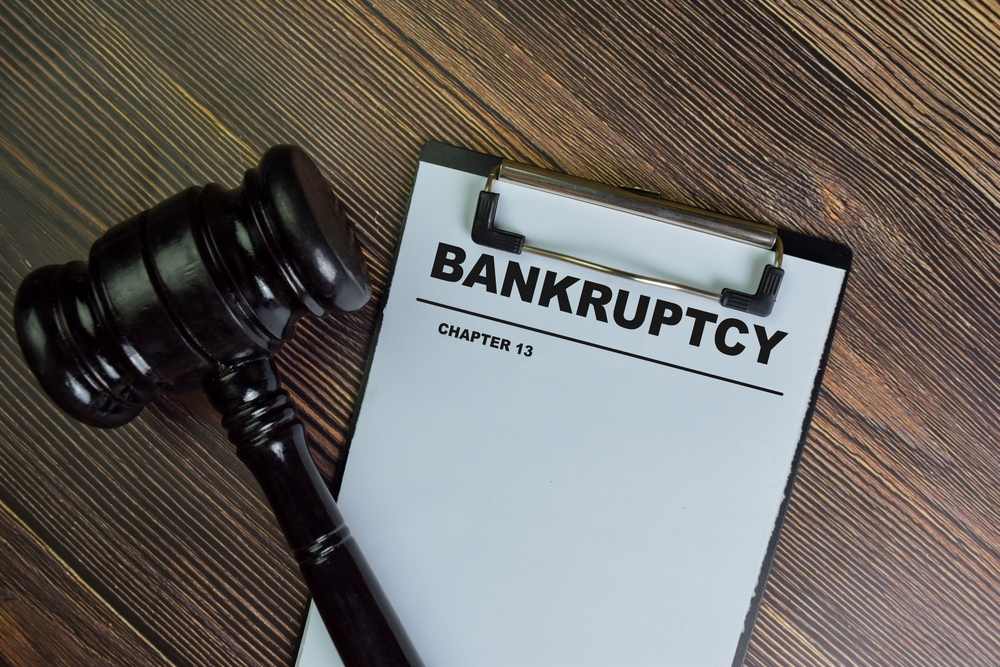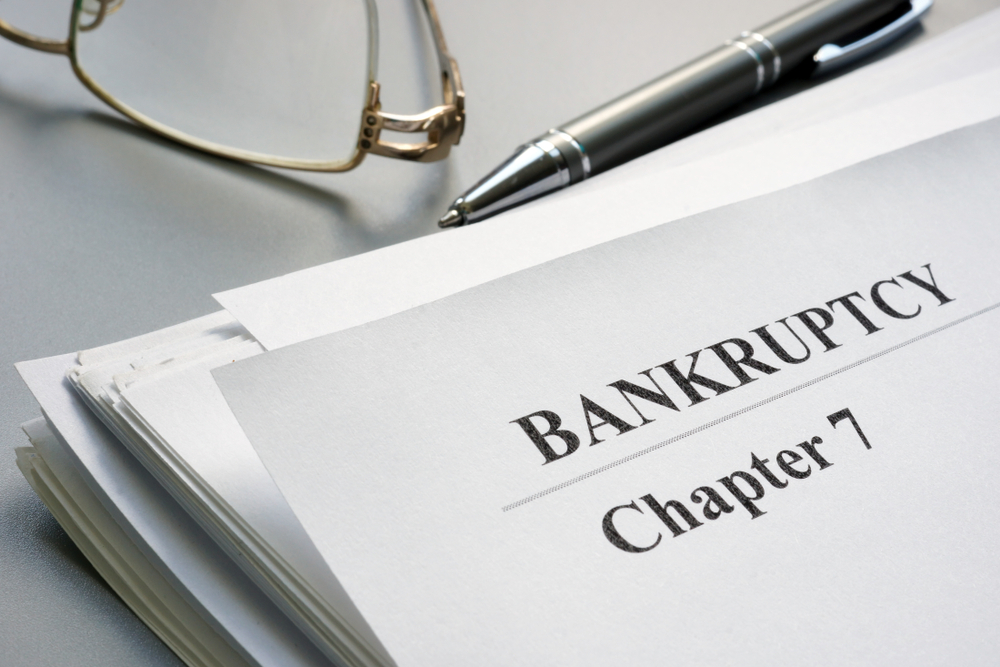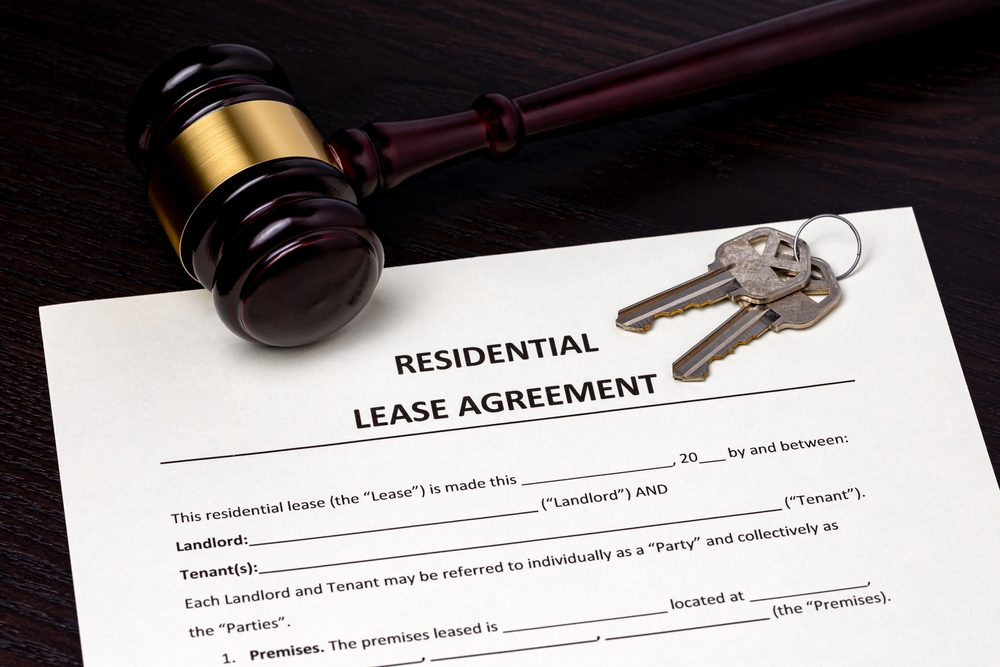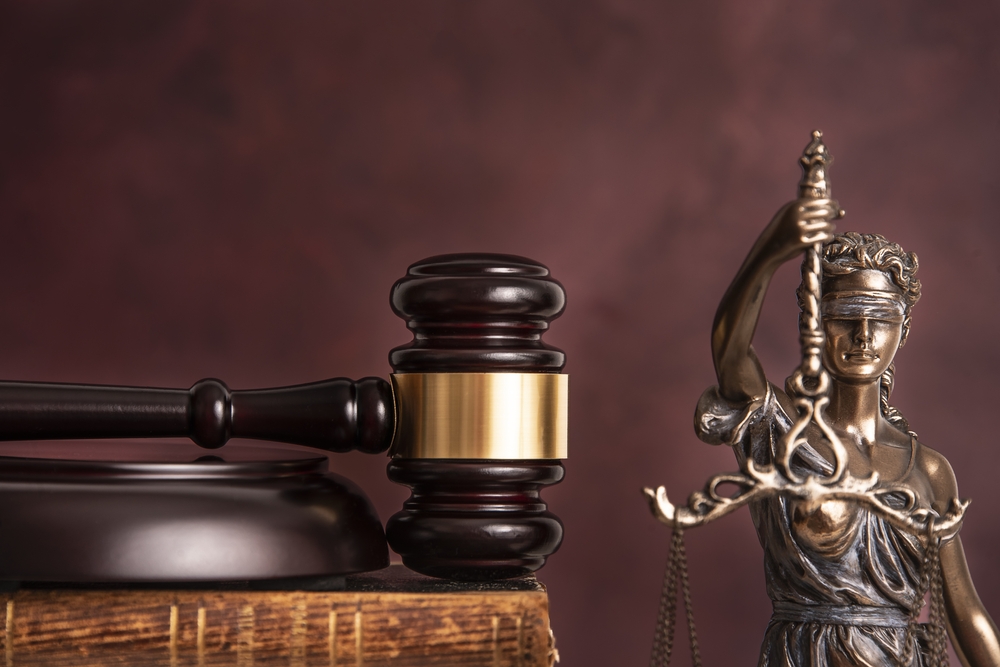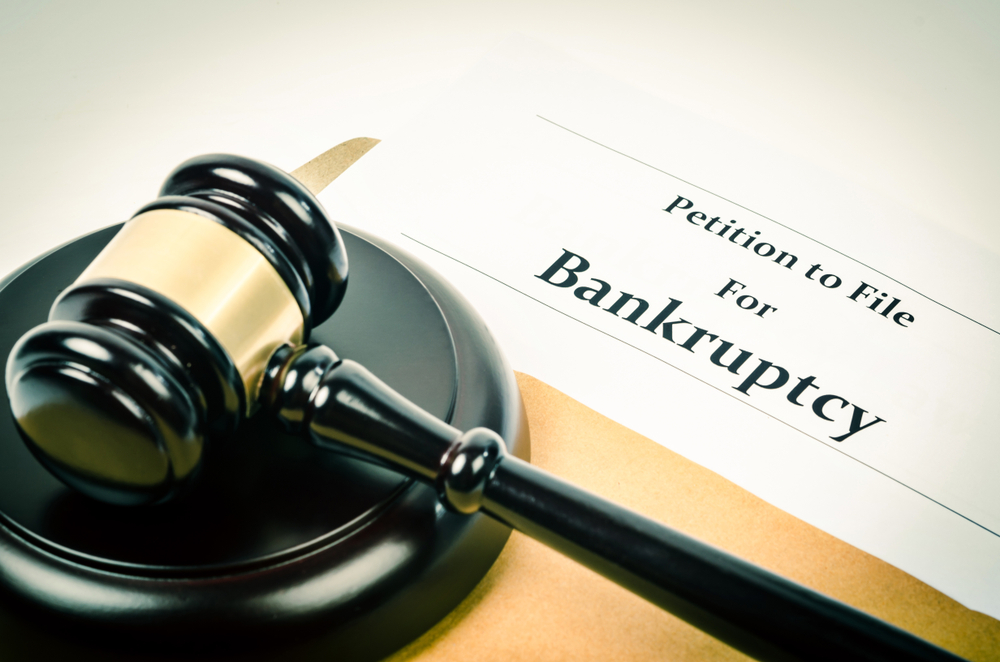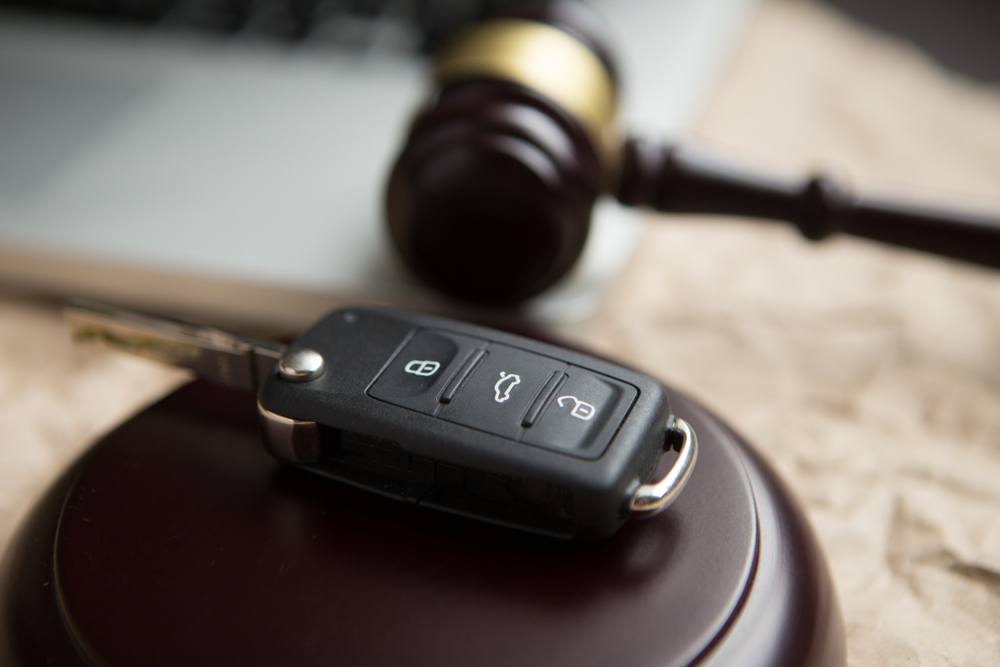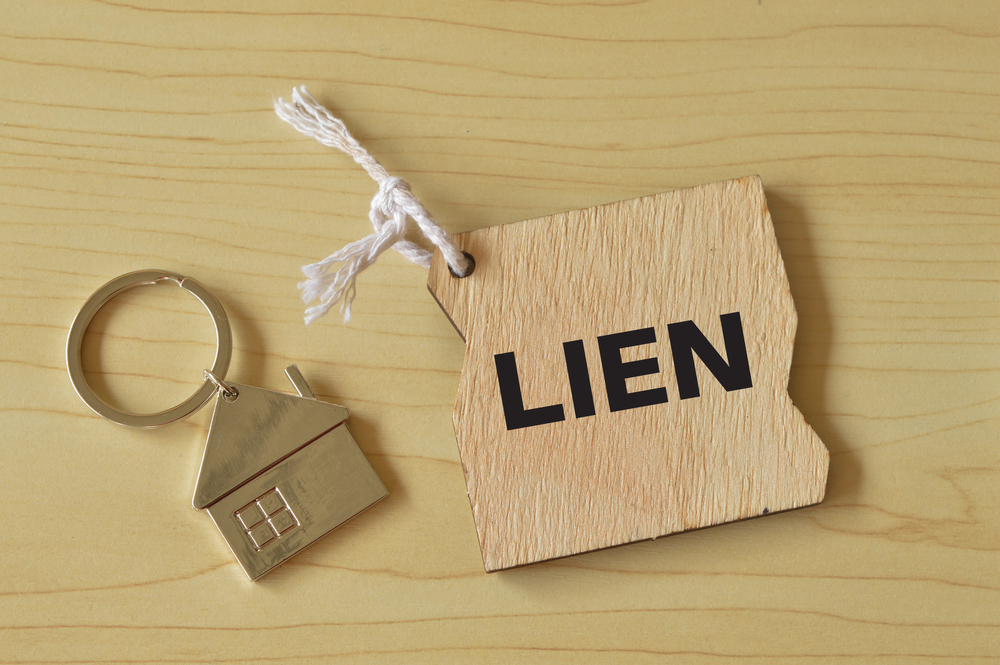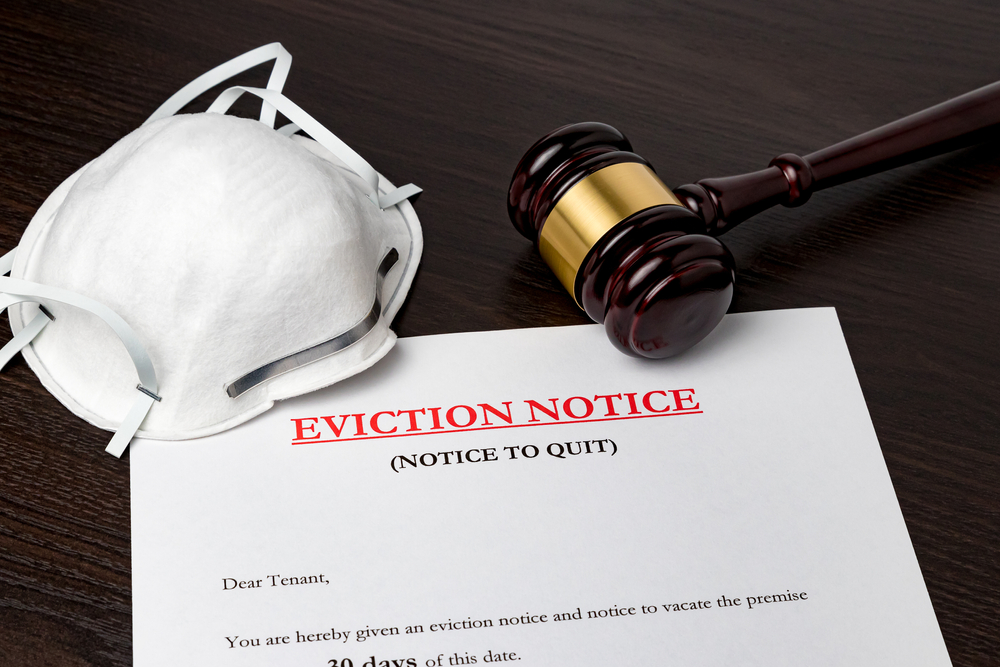A Chapter 13 bankruptcy allows a debtor to cure mortgage arrears, keep all nonexempt property without paying the trustee additional cash, and pay priority tax debt in their Chapter 13 plan. Priority tax debt is tax debt that was incurred by a debtor in the previous 3 years prior to the filing of their Chapter 13 bankruptcy. Priority tax debt would otherwise be nondischargeable in a Chapter 7 bankruptcy. A Chapter 13 bankruptcy allows debtors in a challenging financial situation to repay a portion of all of their debts in a structured and organized way, by making affordable monthly payments to the Chapter 13 trustee’s office.
After a Chapter 13 bankruptcy is filed, it must be confirmed at the Chapter 13 confirmation hearing. A Chapter 13 confirmation hearing is a hearing in which the bankruptcy judge formally approves the debtor’s Chapter 13 plan, and determines whether the plan meets the Chapter 13 requirements. Debtors do not need to attend this hearing. The confirmation of a Chapter 13 plan is important, as after the Chapter 13 plan is confirmed, debtors may start to rebuild their credit and it will be easier for debtors to obtain new financing, such as for a new vehicle. In order for a debtor’s Chapter 13 plan to be formally confirmed by the court, it is crucial that debtors in a Chapter 13 bankruptcy, file all required tax returns for tax periods ending within 4 years of their Chapter 13 filing. This is a requirement dictated by the Bankruptcy Code. Additionally, the Bankruptcy Code also requires that debtors must continue to pay all current taxes as they become due and continue to file all required tax returns timely throughout their Chapter 13 bankruptcy. A debtor’s failure to file tax returns or pay current taxes during a Chapter 13 bankruptcy may result in their case being dismissed, or may result in their Chapter 13 plan not being formally confirmed by the court. The Chapter 13 trustee will review the debtor’s Chapter 13 plan, and will look for changes in income. The trustee will also review the debtor’s tax returns each year, to determine if there is a change in income that is significant enough to require a modification in the debtor’s monthly Chapter 13 payment plan. The trustee will also review the debtor’s tax returns to determine if the debtor will receive any tax refunds that must be turned over to the trustee. In Minnesota, the Chapter 13 trustee’s office allows joint tax filers to keep $2,000 of their tax refund and allows single tax filers to keep $1,200 of their tax refunds each year in the Chapter 13 bankruptcy. The Chapter 13 trustee also allows the debtor to keep any portion of their state and federal refund that derives from the federal earned income credit and Minnesota working family credit, in addition to these amounts. Any portion of the debtor’s tax refunds that the trustee does not allow the debtor to keep, will generally have to be turned over to the trustee. These funds would be used to pay the debtor’s creditors.



